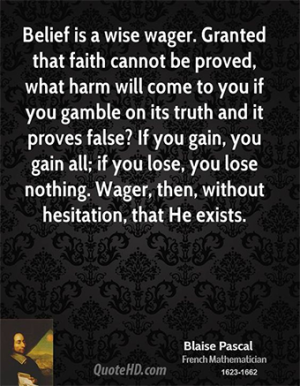But I will judge each of you according to his own ways.
This definitely rings true for me, but also in the sense that God provides what individuals need. One of the mysteries of the faith seems to be that of 'each according to his needs'. The adversarial person is saved through spiritual warfare with the Devil; the caring through charity, and so on. God is like a Father developing each of his children according to their special talents and personalities.

